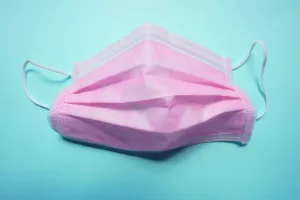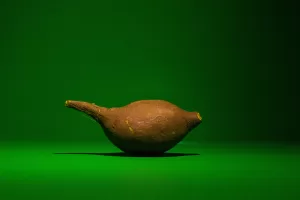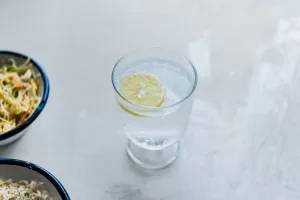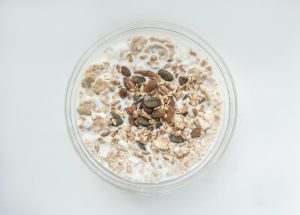
It’s that time again, everyone: Covid Wave! In fact, I believe I’m late to the party, as this seems to have been going around for the past month now, thereby underscoring once again one of the many differences between Covid and the flu, as I have no recollection of any flu waves between July and August.
From a CM perspective, I suspect the incredible heat and humidity of July likely played a part in this, as coronavirus thrives in damper environments—recall in 2020 overweight men with pre-existing pulmonary issues were some of the most vulnerable candidates.
In light of the recent wave, I’ve had many people ask me what they can do to boost or juice their immune system, to which my first and foremost answer is one people don’t want to hear: Eat and sleep healthy.
“No, you idiot! I’m looking for a supplement. What can I take?”
Fair enough, but truthfully, I don’t believe there is anything better for immune support than regular moderate exercise, early bedtimes, adequate sleep, and three cooked meals a day with plenty of vegetables and some animal protein. Not to mention that from our perspective, the best thing you can take to boost immune function, or any bodily function, is an individualized, holistic formula, tailor-written to your pattern. Anything less will be precisely that, and if carelessly prescribed or taken in excess, can potentially cause subtle harm. With that said, there are empirical things we can do or take heading into cold and flu season seemingly a bit early this year.
- Regular acupuncture, or moxibustion treatments on the upper back, over the lungs, has been extensively studied and proven to boost immune function: https://www.frontiersin.org/journals/integrative-neuroscience/articles/10.3389/fnint.2019.00048/full
- A good multi-vitamin I think is advisable for all of us.
- Zinc is fine to take in intermittent cycles, but too much of it can cause stomach upset, as zinc has cold properties, which is why it can be useful for heat in the throat and lungs.
- Vitamin D can also be beneficial, but I recommend getting your levels tested before mindlessly supplementing.
- Mushrooms are also fine in intermittent cycles, however mushrooms are inherently damp, so should be taken cautiously by people with weight problems, over-sized tongues, or thick coatings on their tongues. For these I recommend Paul Stamets brand: https://fungi.com/collections/host-defense. For all other supplements I recommend Pure Encapsulations or Thorne.
As always, if you get Covid please call for a virtual herbal consultation, as I have no idea how anyone gets a full resolution from this pathogen without Chinese herbs. In my observation there have been many people who think they got a full resolution, but quite apparently did not based on their symptoms. Chinese medicine is the only medicine with the concept and diagnosis of “unresolved exterior pathogen,” and subsequently with the treatment principle of “releasing the exterior,” in reference to venting a virus to actual completion. If you choose not to take Chinese herbs, at least rest and recover, eat well, and do not exercise while sick.






